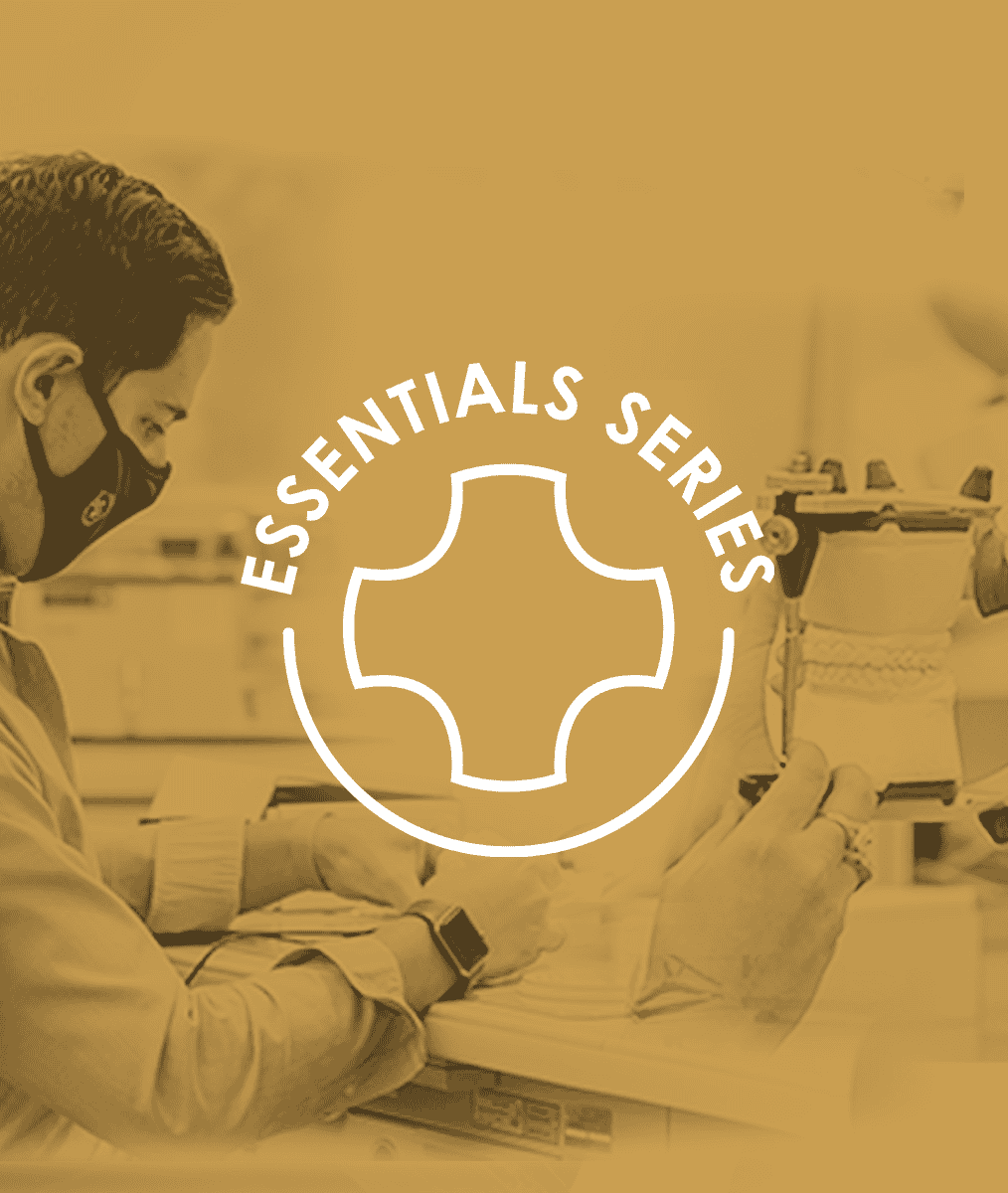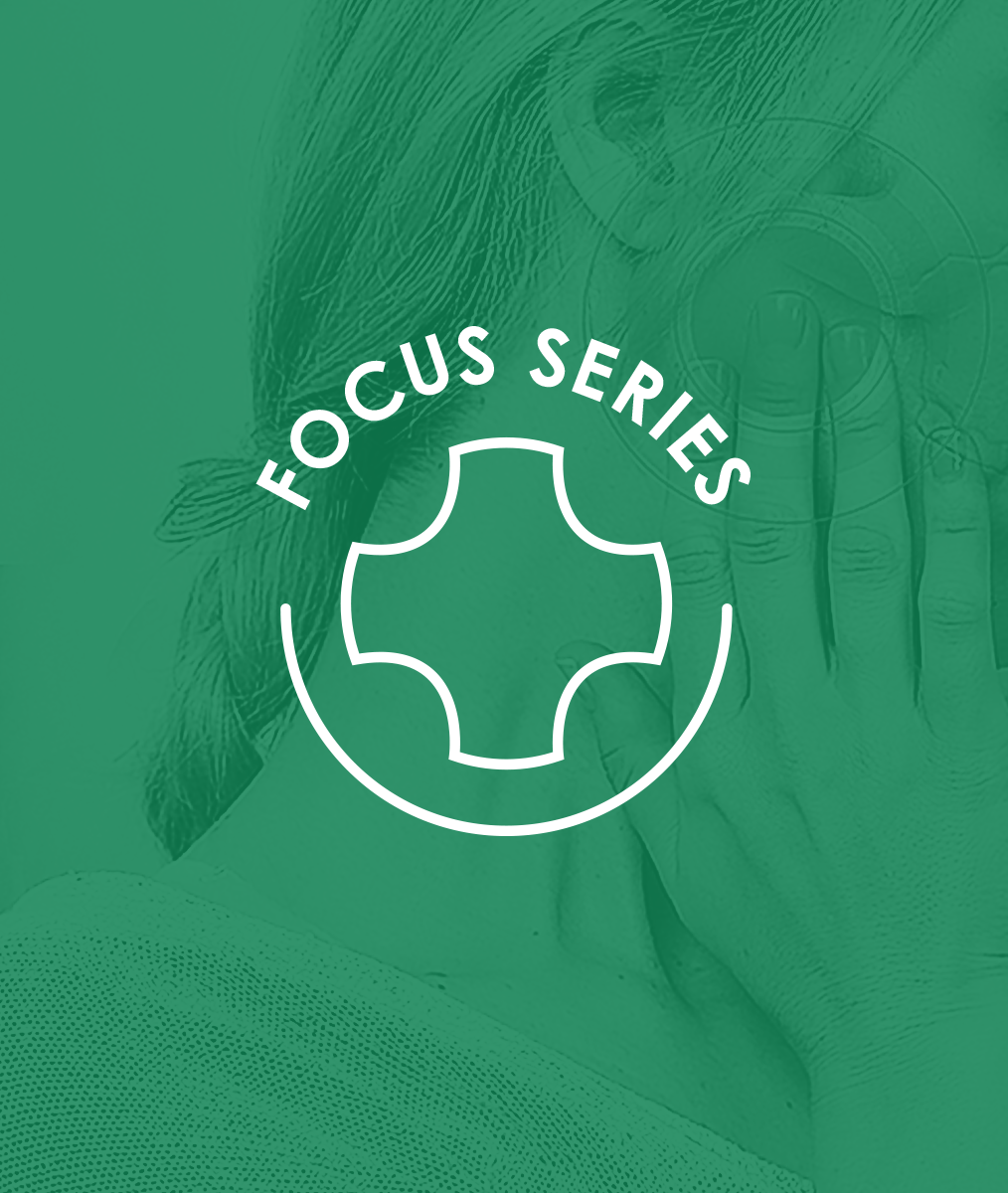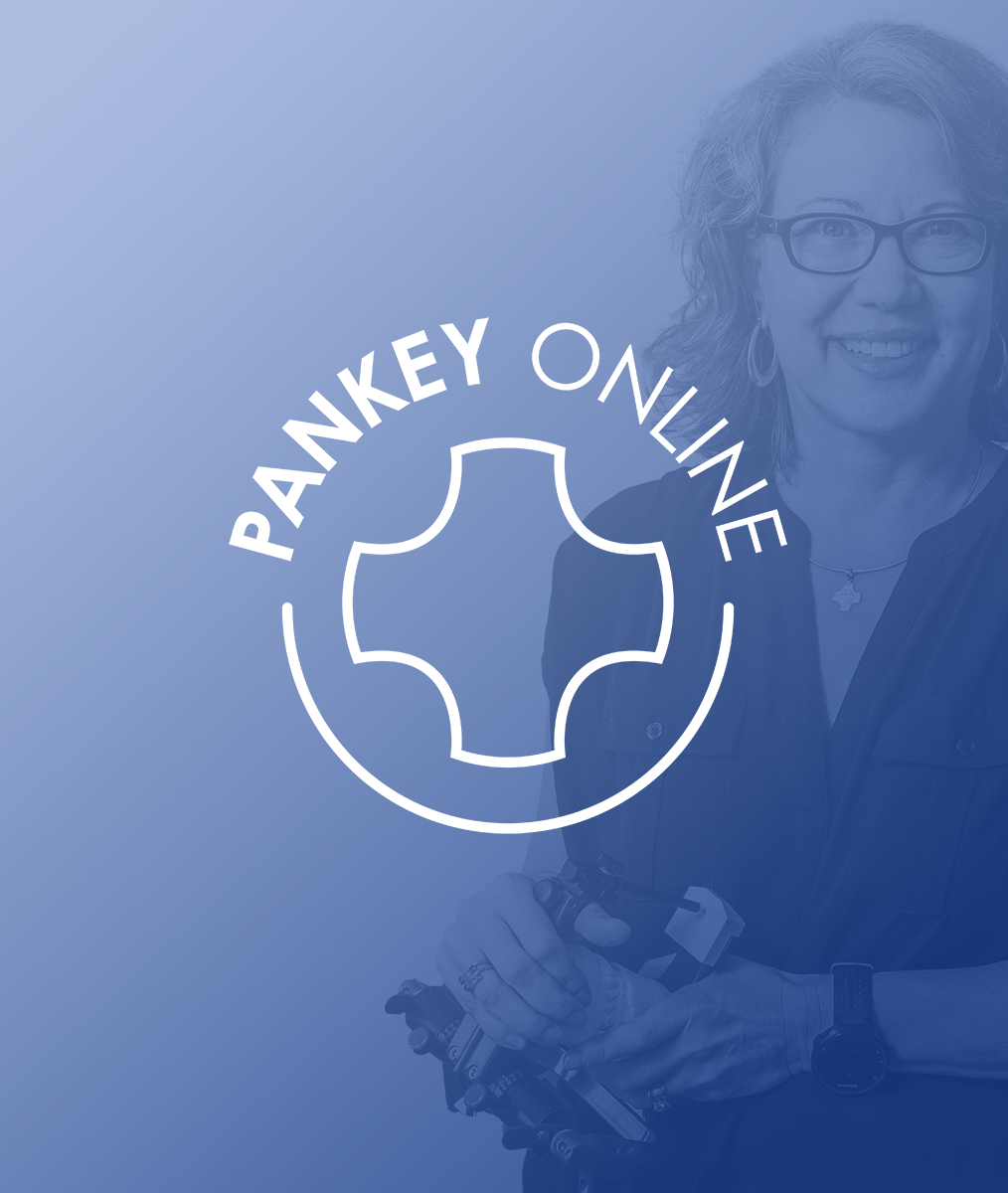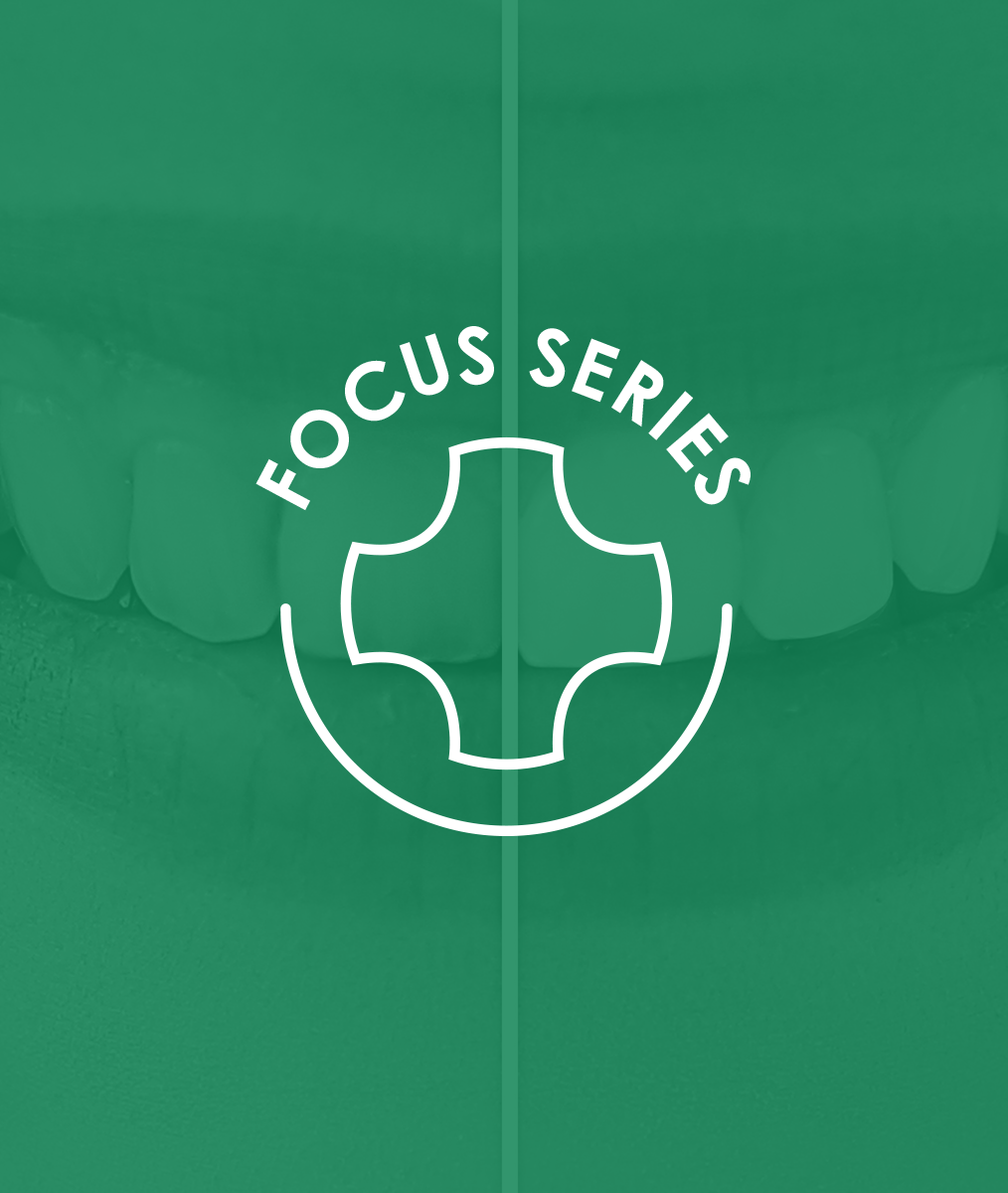Trust – A Cornerstone in Your Practice
In a world driven by media hype and often false narratives, how can we convey, and deliver, that we are a trusted resource and provider of care? The answer is worth contemplating.
Slick websites and media ads may drive patients to contact your office but they are only a tiny fraction of what is needed for someone to schedule an office visit or commit to allowing you to physically intervene with care on their behalf. A far better resource is the recommendation of an existing client. But even that is only a crack in the door to the development of trust.
Dr. L. D. Pankey often used the phrase “Know yourself. Know your patient. Know your work.” In other words, are you trustworthy? Is your patient able to express the outcome they are looking for so you can help facilitate their health? Are you the right provider, and is this the right time? Are you capable and competent to deliver the desired outcome?
Our client’s sense of trust will be built from a series of experiences. Some items we can control; others we cannot. We can’t control their prior life and dental experience. We have an impact on, but cannot really control what others say about our office or our skills. We can control our behavioral skills and level of accountability. We can create a client experience that allows for the development of a relationship based on trust and mutual respect. This will require a philosophy shared with our team that is implemented at every point of client contact. If we want our clients to trust us, we must be worthy of trust. We must have mutual trust in our team and among team members. When this situation exists there is an unspoken aura that exists within your business. We don’t have to talk about it because our clients can feel it.
Creation of a climate of trust in our office takes time and effort. The return on the investment is lower stress for everyone involved, and the elimination of having to sell dentistry or worry about third parry concerns controlling patient decisions. Cost will always be an issue for some patients. However, in a trust based relationship we can find ways to overcome that barrier. Some people will not choose to trust and should be guided to another office. For those who choose to participate in a trust-driven relationship, we will be able to provide care, skill, and judgment that will be satisfying to all involved.
Discover more of the Pankey Philosophy and learn how to build a thriving dental practice with The Essentials Series. This comprehensive 4-part course starts with Essentials 1, diving deep into the core principles that will transform your approach to patient care and practice management. Trust is a cornerstone in building strong patient relationships, and The Essentials Series will equip you with the knowledge and skills to establish trust from the very first interaction.
🌟 Trust. Transform. Thrive. The Essentials Series awaits you! 🌟
Click here for more information and to get started.
Related Course
E4: Posterior Reconstruction and Completing the Comprehensive Treatment Sequence
DATE: November 7 2024 @ 8:00 am - November 11 2024 @ 2:30 pmLocation: The Pankey Institute
CE HOURS: 44
Dentist Tuition: $ 7300
Single Occupancy with Ensuite Private Bath (per night): $ 290
THIS COURSE IS SOLD OUT The purpose of this course is to help you develop mastery with complex cases involving advanced restorative procedures, precise sequencing and interdisciplinary coordination. Building on…
Learn More>
























